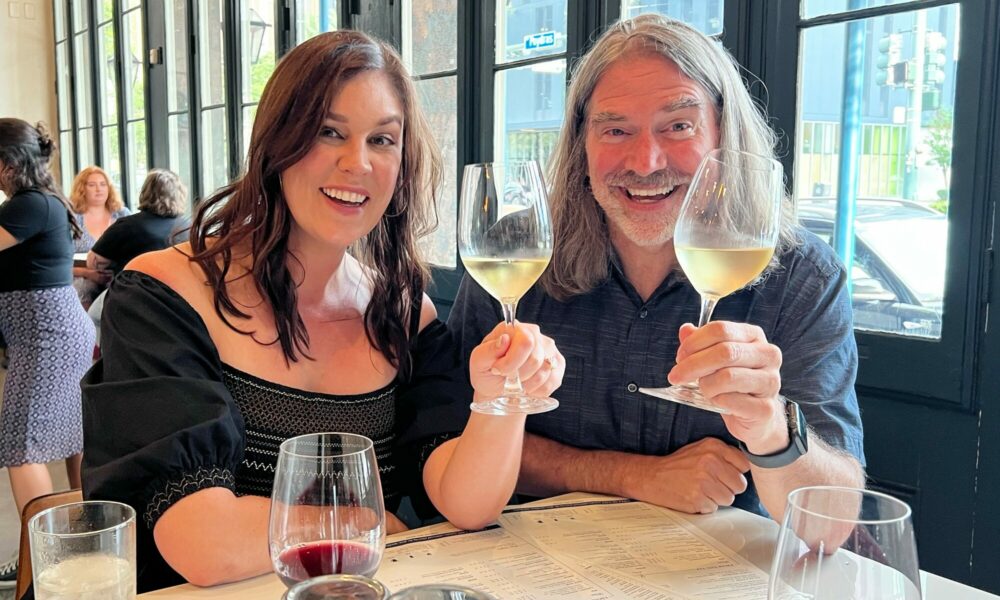

Today we’d like to introduce you to Laura Brown Unterstein and Peter Cook.
Hi Laura and Peter, thanks for joining us today. We’d love for you to start by introducing yourself.
Laura: I’ve always strived to make everyone feel included, which has aligned with both of my backgrounds in hospitality and sign language interpreting. So when I took my first wine trip to France in 2017, I couldn’t help but wonder, “what would this be like for my Deaf friends?” That thought popped up more and more, particularly as I began taking my wine credentials classes through WSET (Wine & Spirits Education Trust, a well-respected global wine credential). My passions for wine and access grew, separately, but concurrently, and I knew that I had to be part of combining them somehow.
My first step towards that was partnering with City Winery Nashville on Deaf Days, where we started an interpreted tour and tasting to allow the local Deaf community to have the same equitable, fun experience as everyone else. I knew if I was going to establish an organization, it was not right for me to run with this myself, as a hearing woman who does not have the lived experience that the Deaf community has. So I waited, and it wasn’t long before I connected with Peter Cook: a well-known performer and leader of the Deaf community, who happened to also have his WSET Level 3 and a passion for wine. We instantly knew that we shared a vision of making wine more accessible, and once we started putting ourselves out there, the response has been nothing short of amazing.
Peter: Because of my professional storytelling background, I traveled extensively around the world for festivals and workshops. I often ended up eating out with my peers and noticed that there is always a glass of wine on the table. I said to myself, “This is delicious! What is this?” and I could not answer that at the time. I decided to enroll in the WSET program in Chicago and was instantly hooked on it. I wanted to share my passion with the Deaf community when it comes to wine education.
Can you talk to us a bit about the challenges and lessons you’ve learned along the way? Looking back would you say it’s been easy or smooth in retrospect?
Laura: One thing that is always a challenge when introducing new ideas is that while people are all about supporting the idea and movement we present, moving that into action is often a different story. Accessibility can feel like an overwhelming topic, and DEI work can scare some people off. Folks are afraid of making the wrong move, so they don’t make any changes, and accommodations instantly bring budgets to mind for businesses looking to be more accessible. We really encourage people to break down goals into the short, medium, and long term. There are simple, free or low-cost, actionable steps everyone can take with a little extra time and care, such as adding captions to your social media videos. Peter and I also both have full-time day jobs, so on a practical level, making the time work on Uncorked Access can be challenging in that respect!
Peter: When I received my WSET certifications, I started to visit wineries around the world, and more often than not, the main obstacle is communication. Most of the tasting sites lack visual displays where anyone could benefit by learning about viticulture and winemaking via visual infographics and displays. I love to see wineries where they actually show different types of soils in glass jars or even various kinds of flavor displays (spices, flowers, vegetables, etc.) to bring the characteristics of their wines to life.
We need to expand our sensory outreach to include smell, sight, and tactile in order to incorporate holistic experiences when visiting wineries. I encourage those places to have alternative communication modes available, such as writing pads for the tasting notes, or using body language and gestures when explaining their wines. I was fortunate to visit the De Sousa Champagne House in Avize, France where the wine bottles have QR code labels and you can use your mobile device to scan and lead you to a YouTube channel playlist of wine descriptions in sign language. That was heaven for me!
Thanks – so what else should our readers know about Uncorked Access?
At its core, Uncorked Access is an organization that seeks to make the wine and hospitality industries more accessible. We take a two-pronged approach to accomplishing this: teaching the established wine and hospitality industries about Deaf culture, signed languages, and how they can make their businesses more Deaf-friendly, as well as directly engaging with the Deaf community at large to teach wine education in American Sign Language and advocate for Deaf employment and leadership opportunities.
There are so many aspects of what we offer, and endless conversations are to be had. For one, wine has its own complex vocabulary in spoken language…which gets even more tricky for the Deaf community because there are no standardized signs for wine-specific terminology and concepts. We have been assembling a network of Deaf wine professionals, each an expert in their own niche of the field, and hope to utilize everyone’s talents to build conceptually accurate, accepted signs.
It’s important that we are not only looking to the established wine industry full of hearing people but connecting up-and-coming Deaf wine professionals with each other and the industry so that we can eventually enjoy a fully integrated, diverse, accessible wine world for all.
So far, Uncorked Access has enjoyed a lot of incredible support. We have been featured in Wine Enthusiast, Imbibe Magazine, the WSET Global blog, Tales of the Cocktail, and more. We offer workshops for both the Deaf and hearing communities, advocacy, accessibility training, and consulting. We feel like we are part of something- a community within the wine industry that believes that wine is fellowship, that it’s for everyone, and is building a bigger, better table for all to sit at.
Do you have any advice for those just starting out?
Laura: My biggest piece of advice is to cultivate self-awareness and humility to be able to honestly assess yourself, and then ask yourself who is missing from the space you’re in. This has become one of my greatest strengths as an interpreter and an advocate and is one of the things I’m most proud of myself for.
I am highly aware of the roles I’m great at, and am also attuned to the fact that I can leverage those strengths to open the door for others; that it’s not nearly as impactful for me to speak on the Deaf experience as it is for me to say, “I have a friend who would be perfect for this.” Partnership with others is fulfilling on a higher level, and I think it’s easy to bypass that when we roll up our sleeves to fulfill our own dreams. Once you know what your values are, make them your platform, and stick to them- it can be scary at first, but it will benefit everyone in the end.
Contact Info:
- Website: www.uncorkedaccess.com
- Instagram: www.instagram.com/uncorked_access/ and www.instagram.com/wine.language.interpreter/
- Linkedin: https://www.linkedin.com/company/uncorkedaccess/
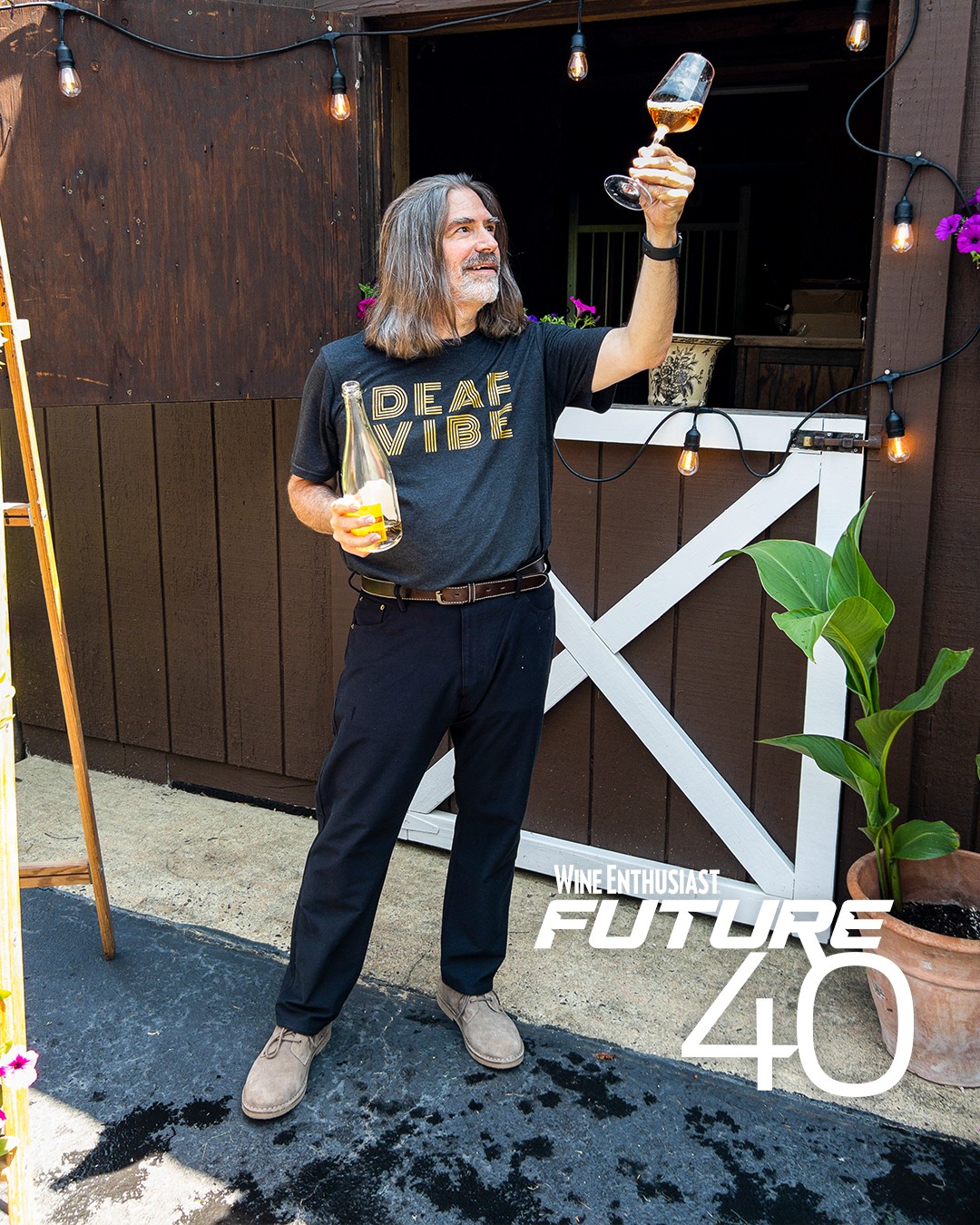
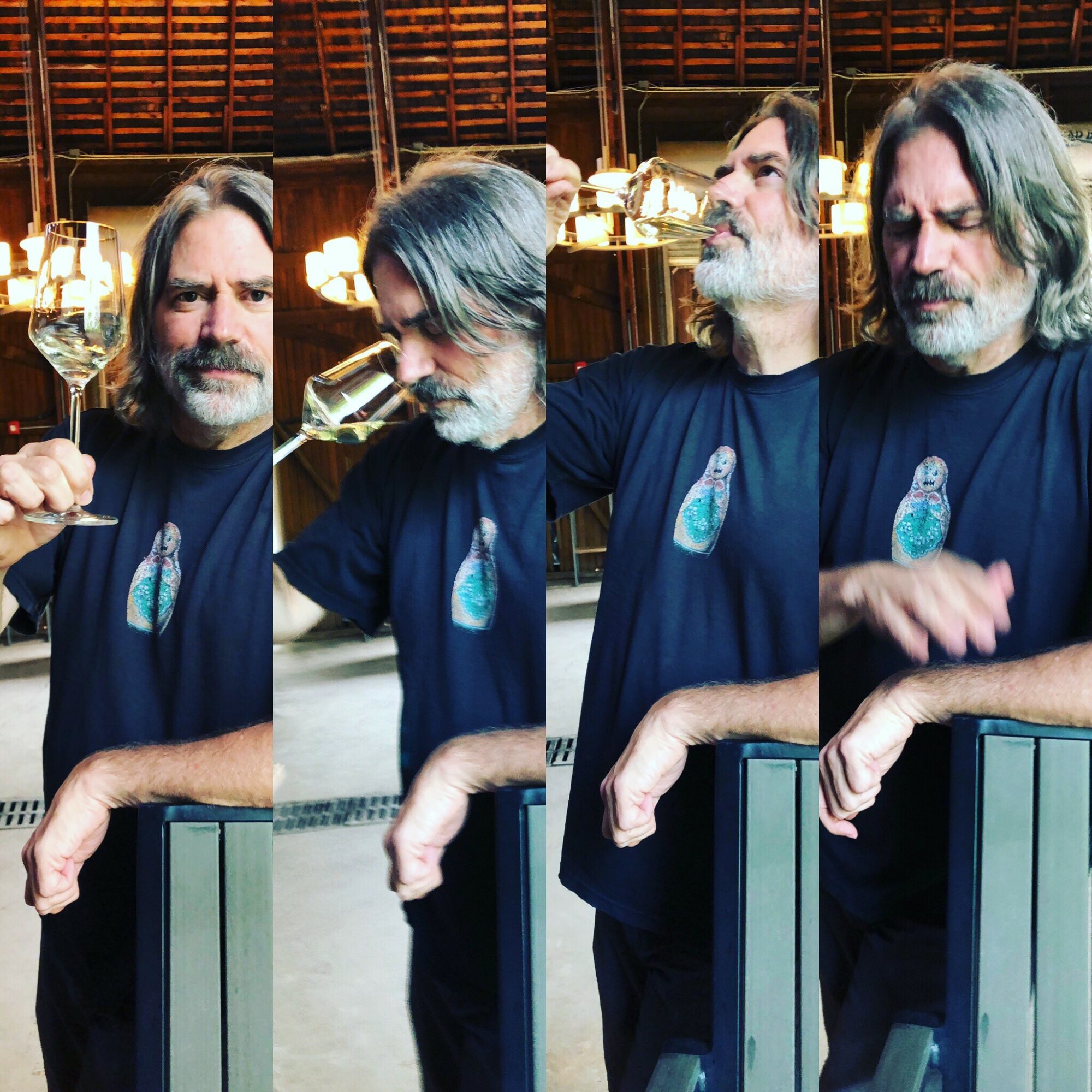
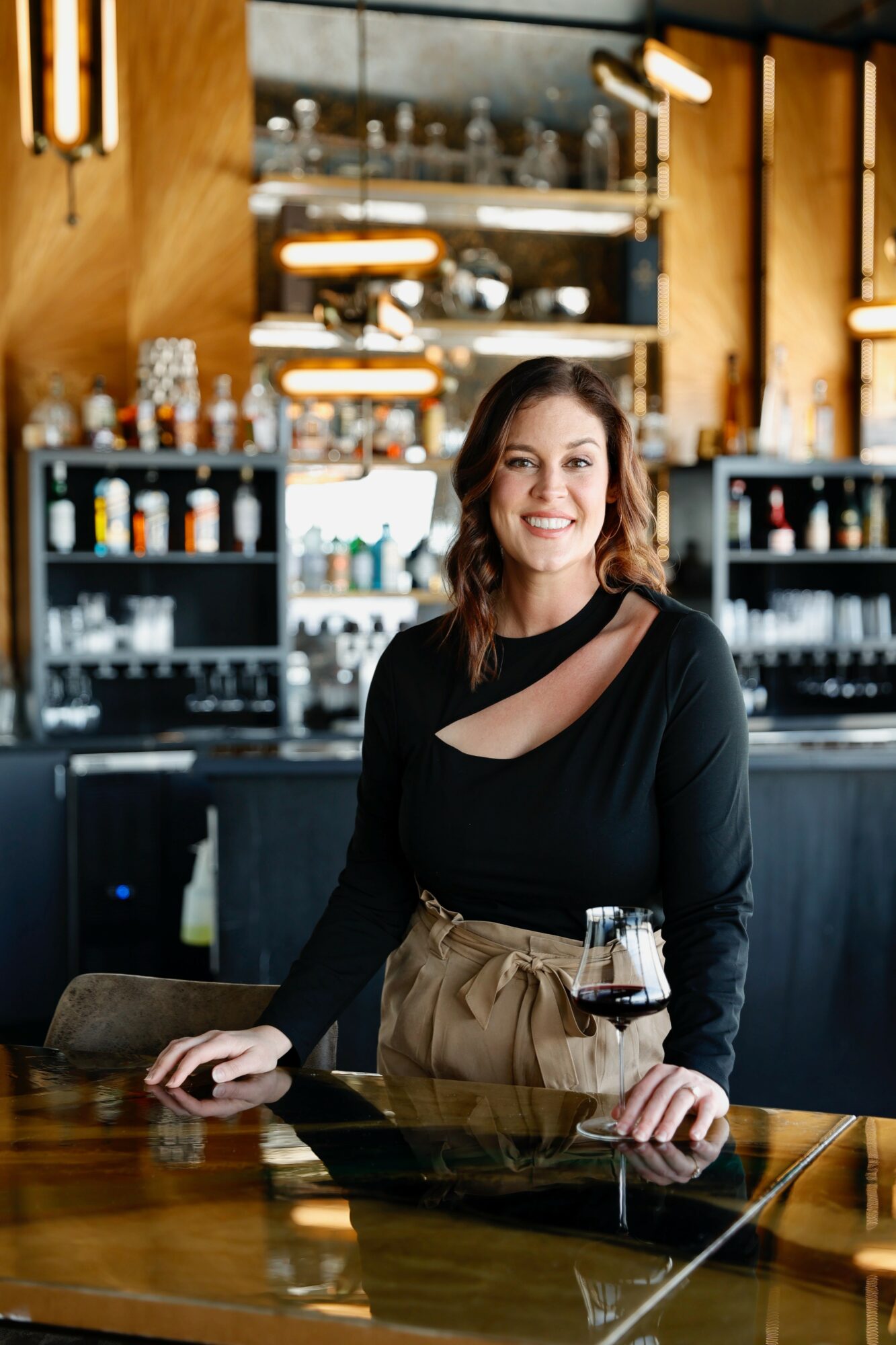
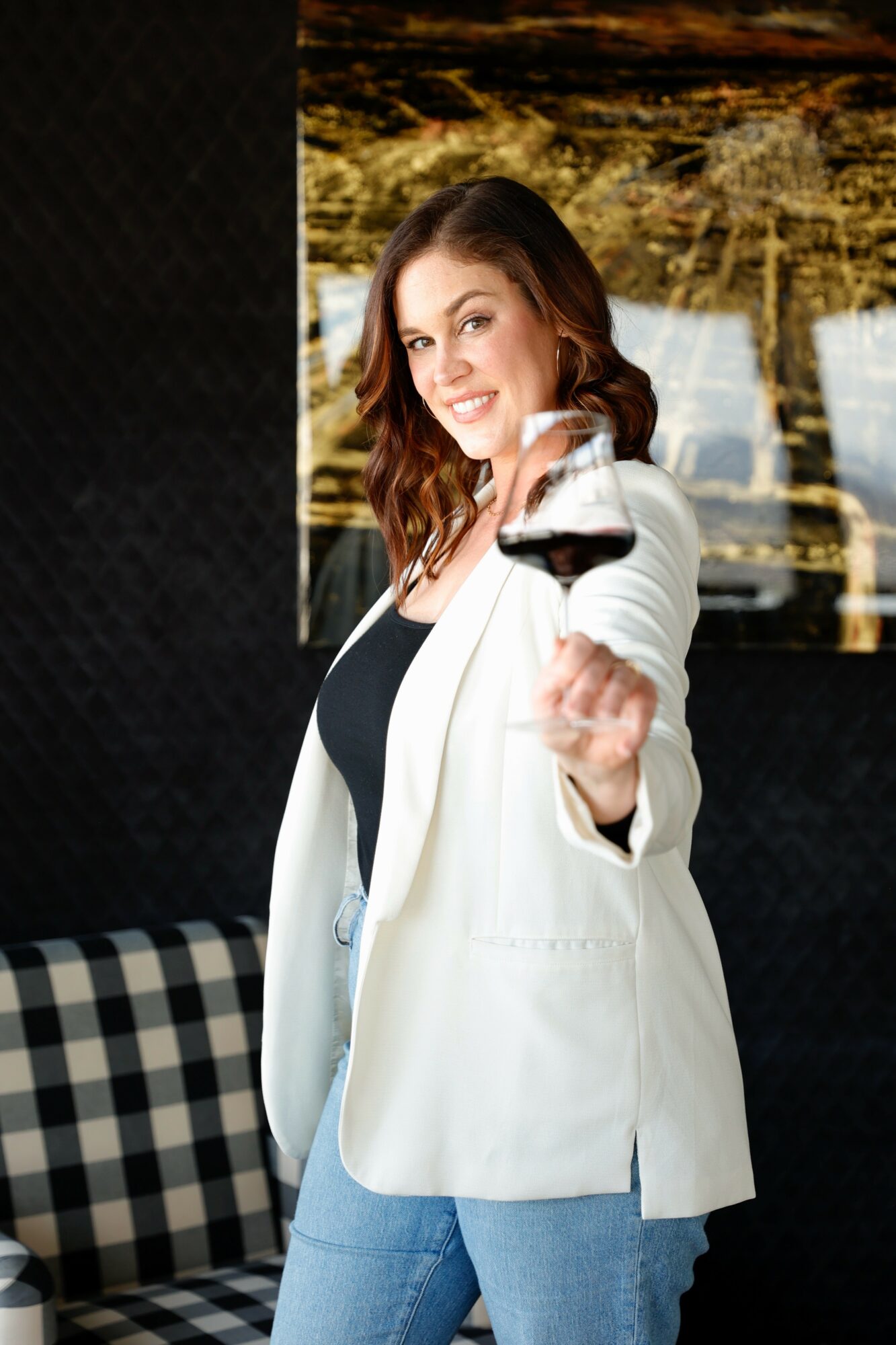
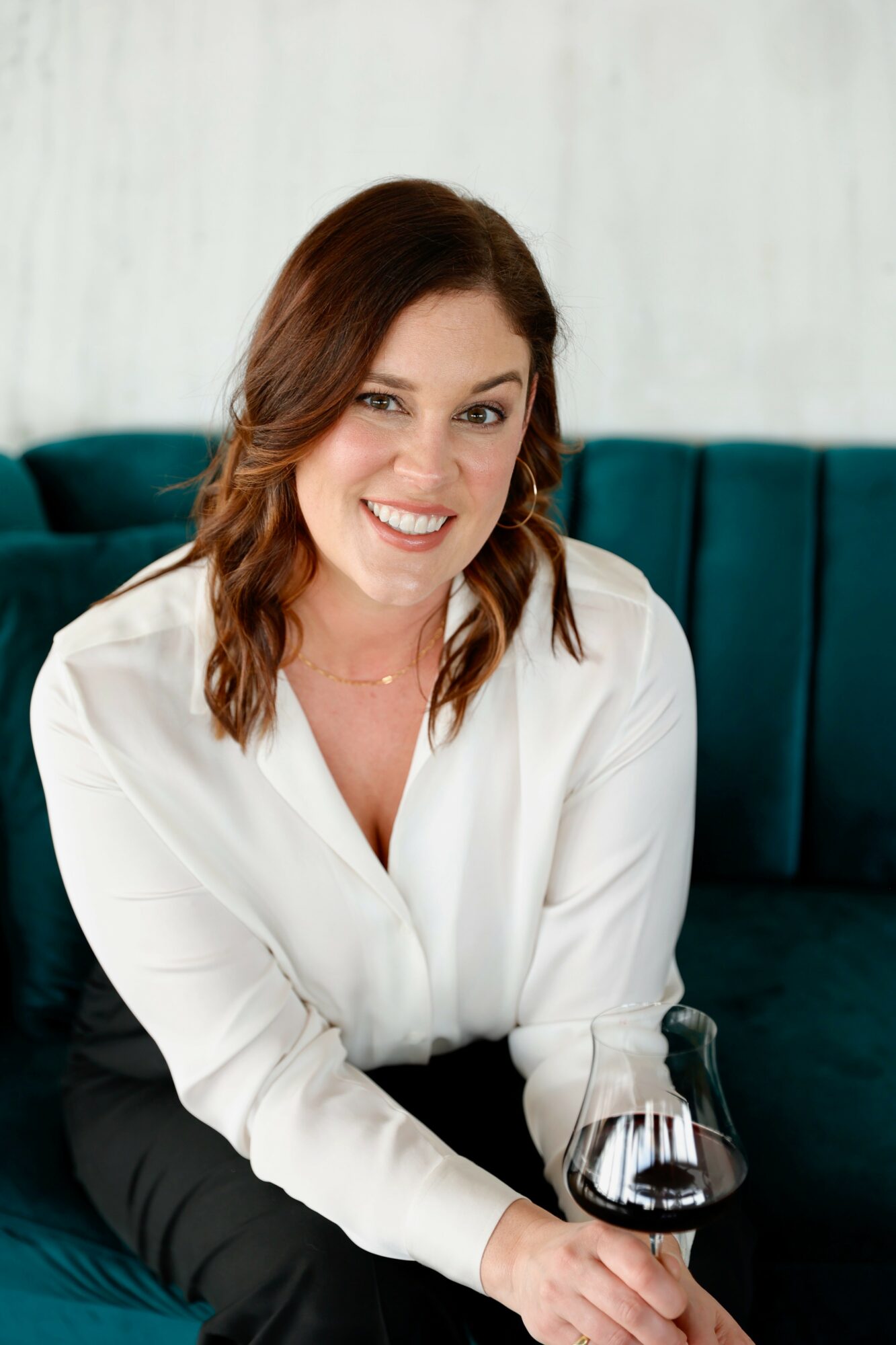
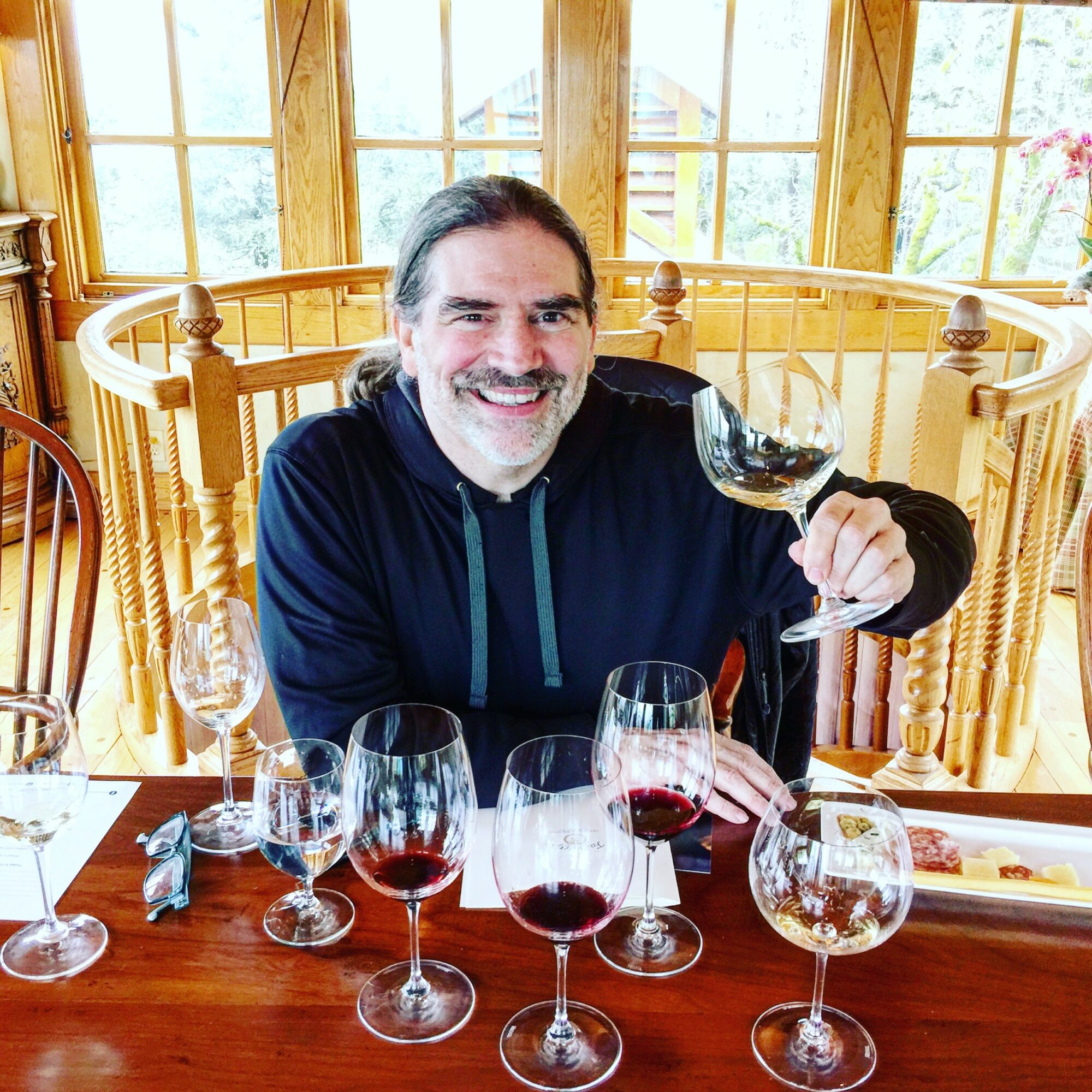
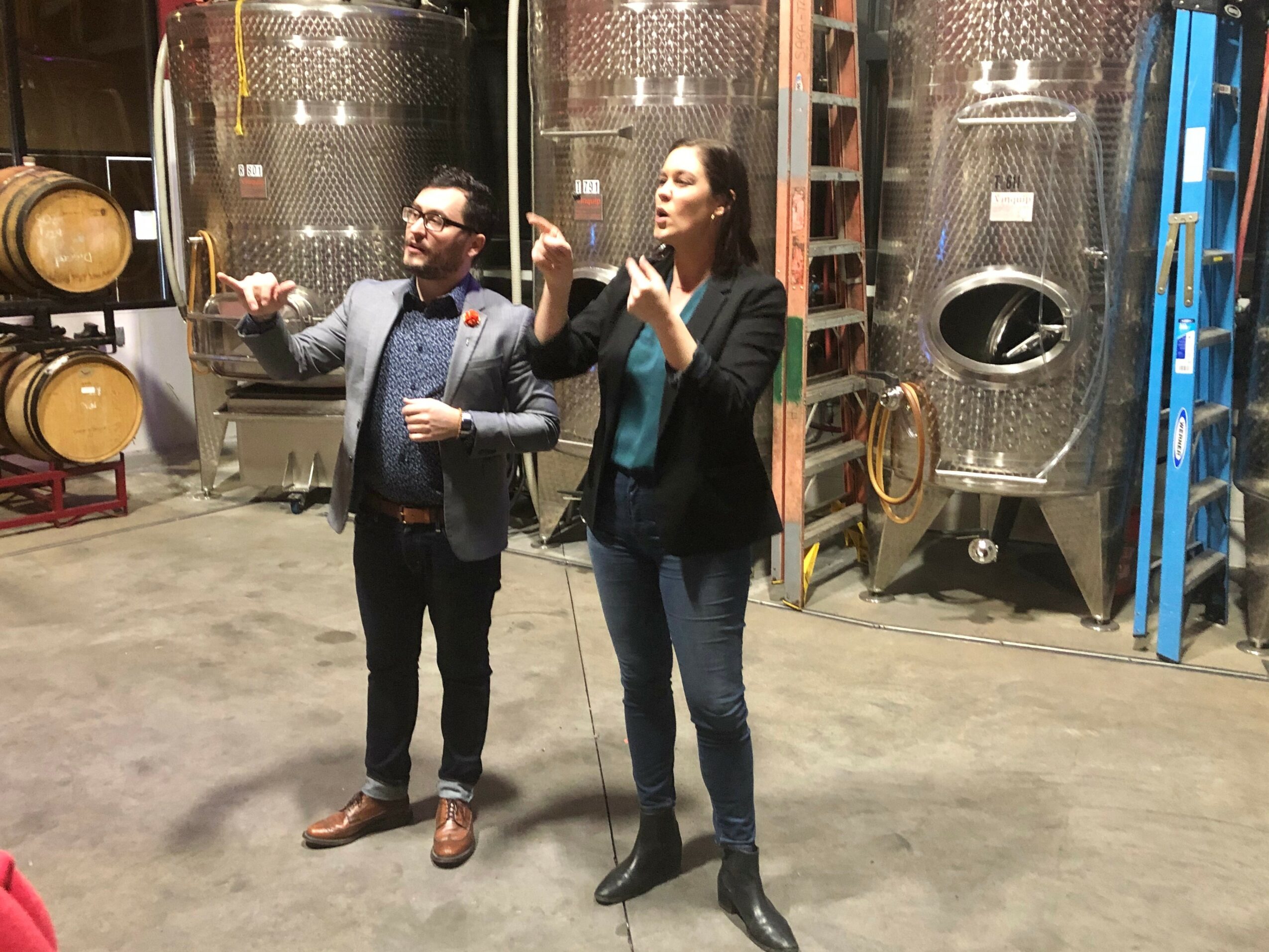
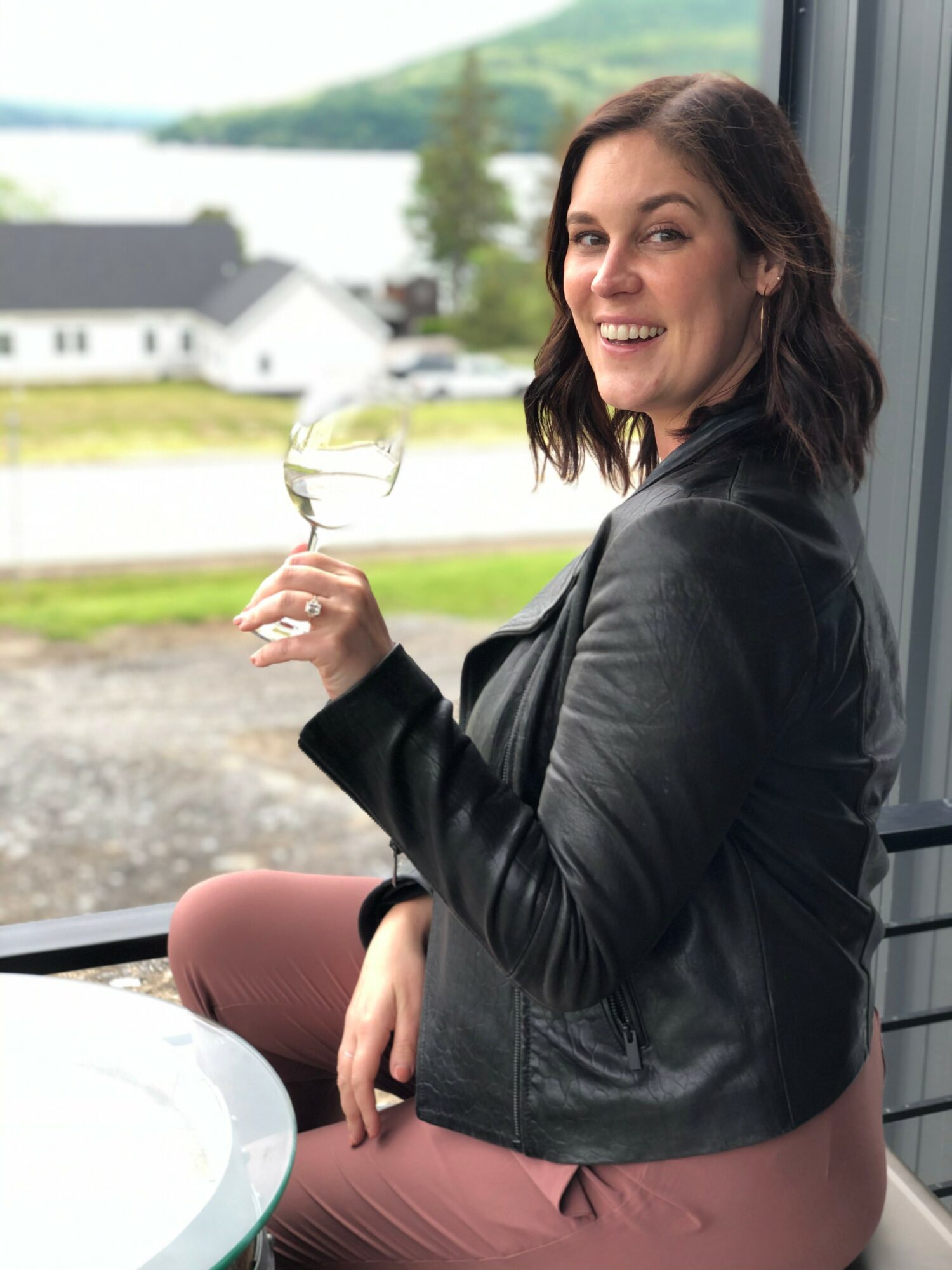 Image Credits
Image Credits
Wine Enthusiast Future and Matt Sayles












